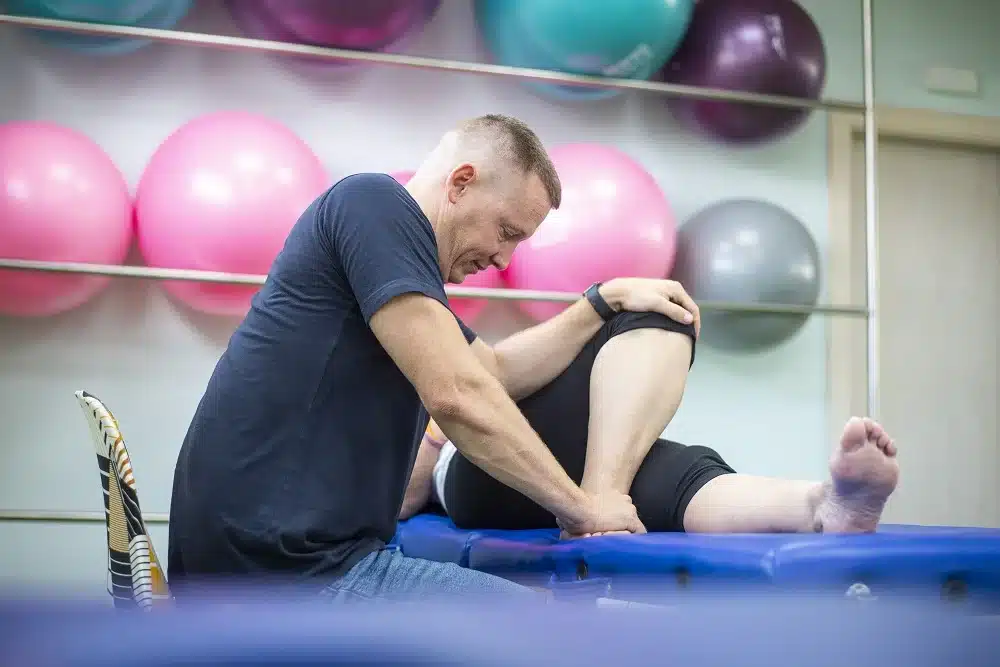Imagine a world where the body and mind work in harmony, but suddenly, an event such as a spinal cord injury disrupts that balance.
In this article, we will unravel the complexity of spinal cord injury and explore how the Bobath Concept and Neurological Rehabilitation intertwine to offer hope and recovery.
What is Spinal Cord Injury?
To understand the relationship between spinal cord injury and neurological rehabilitation, it is crucial to break down the nature of a spinal cord injury.
In simple terms, a spinal cord injury occurs when the spinal cord is damaged, disrupting communication between the brain and the rest of the body.
This event can have significant consequences on mobility and sensory functions.
Advantages of Neurological Rehabilitation for Spinal Cord Injury
Neurological rehabilitation plays a crucial role in the spinal cord injury recovery process.
This comprehensive approach is designed to address not only the physical symptoms of spinal cord injury, but also to promote adaptation and functional recovery at the neurological level.
Motor Function Restoration: Neurological rehabilitation focuses on improving motor functions affected by spinal cord injury. Through specific exercises and therapies, it aims to strengthen muscles, improve coordination and facilitate the return of voluntary movements.
Normalisation of muscle tone: Many people with spinal cord injury experience changes in muscle tone, such as spasticity or flaccidity. Neurological rehabilitation, with the application of the Bobath Concept, for example, works to normalise this muscle tone, allowing better control and functionality.
Neurological Adaptation and Learning: Brain plasticity is the brain’s ability to adapt and learn. Neurological rehabilitation, by integrating approaches such as the Bobath Concept, harnesses this plasticity to help the nervous system find new pathways and connections, facilitating the recovery of lost functions.
Improving Quality of Life: Beyond the physical aspects, neurological rehabilitation also focuses on improving an individual’s overall quality of life. This includes training in daily skills, strategies for coping with everyday challenges, and fostering independence to the extent possible.
Personalised Approach: Each spinal cord injury is unique, and neurological rehabilitation recognises this individuality. Treatment plans are personalised, tailored to the specific needs of each person, which enhances the effectiveness and relevance of rehabilitation.
It is important to note that recovery from spinal cord injury can vary depending on the severity and location of the injury, as well as other individual factors.
However, neurological rehabilitation, with its comprehensive and personalised approach, has proven to be fundamental in the process of recovery and improvement of the quality of life of people affected by spinal cord injury.
How does Bobath Treatment strengthen neurorehabilitation?
By integrating the Bobath Concept into neurological rehabilitation, results are enhanced, as it addresses not only the spinal cord injury itself, but also the adaptations that the brain can make to recover lost functions.
Among the vast range of neurological rehabilitation approaches, Bobath treatment stands out for its personalised approach.
It is adapted to the specific needs of each individual, recognising that each spinal cord injury is unique.
This treatment becomes a powerful ally in re-establishing the connection between the brain and the body, facilitating progressive recovery.
Leave us your data to start your treatment







